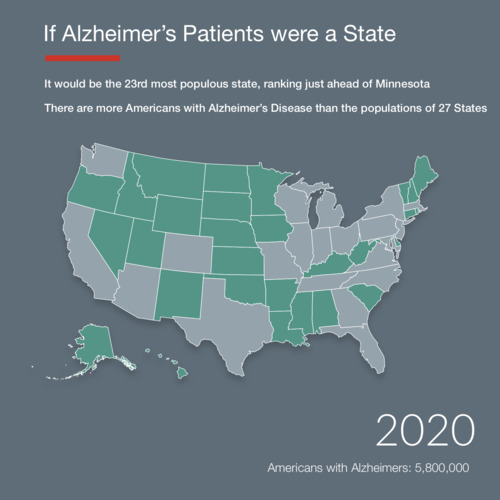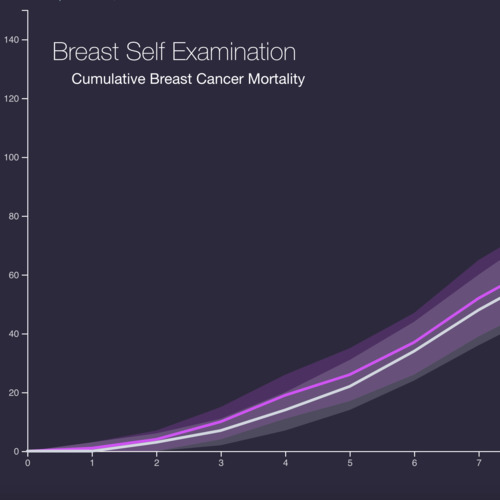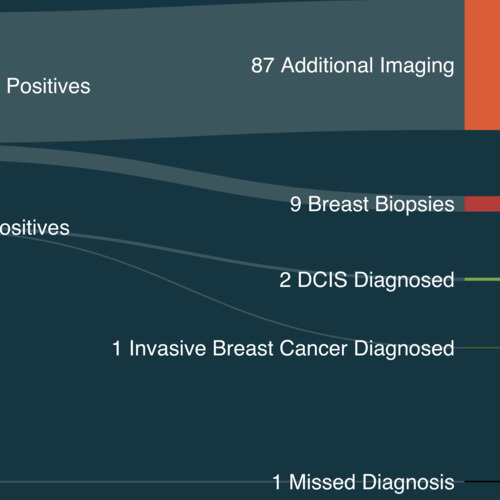Coffee has been studied for decades and there has been a lot written on the potential negative effects of coffee.
Because we love coffee and naturally, we want to know whether it has any negative or positive effects.
A massive study conducted by the NIH showed that coffee drinkers live significantly longer, and have a lower risk of dying from heart disease and respiratory disease.
With this study, and other similar studies of coffee, it is becoming clearer that coffee might actually be pretty good for you.
The Data on Coffee and Risk of Death
Women who drink more than one cup of coffee per day on average had a significantly lower risk of mortality.
The effect appears even stronger for heavier coffee drinkers.
The sweet spot was 4-5 cups of coffee a day, which was associated with a 16% reduction in risk of death.
The heaviest drinkers had a slightly lower reduction in risk of death, but it’s well within the margin of error.
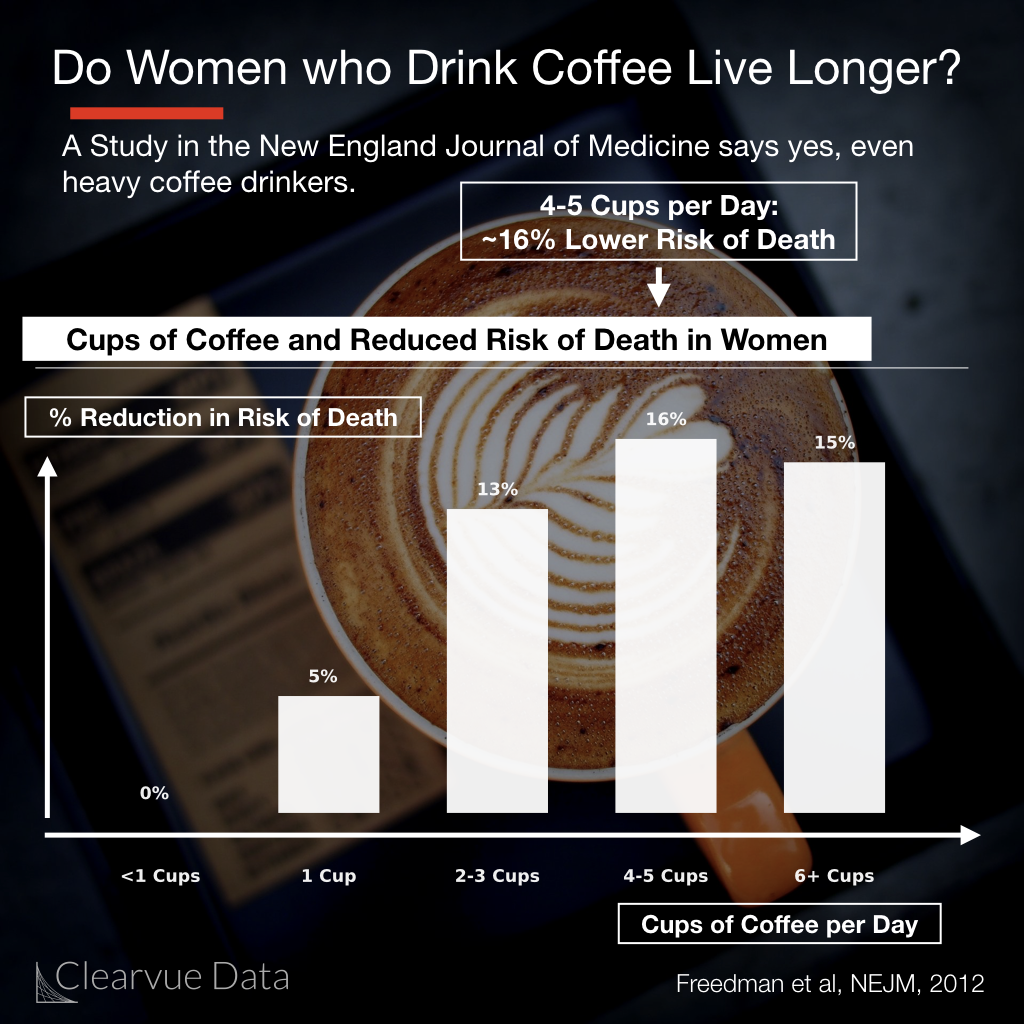
How does this compare to the data in Men?
Men, who were also studied, showed a similar pattern of benefit from coffee.
Like women, they had a sweet spot at 4-5 cups of coffee per day.
However, the effect was weaker in men, with a 12% reduction in risk of death at the peak and lower reductions in mortality across the board.
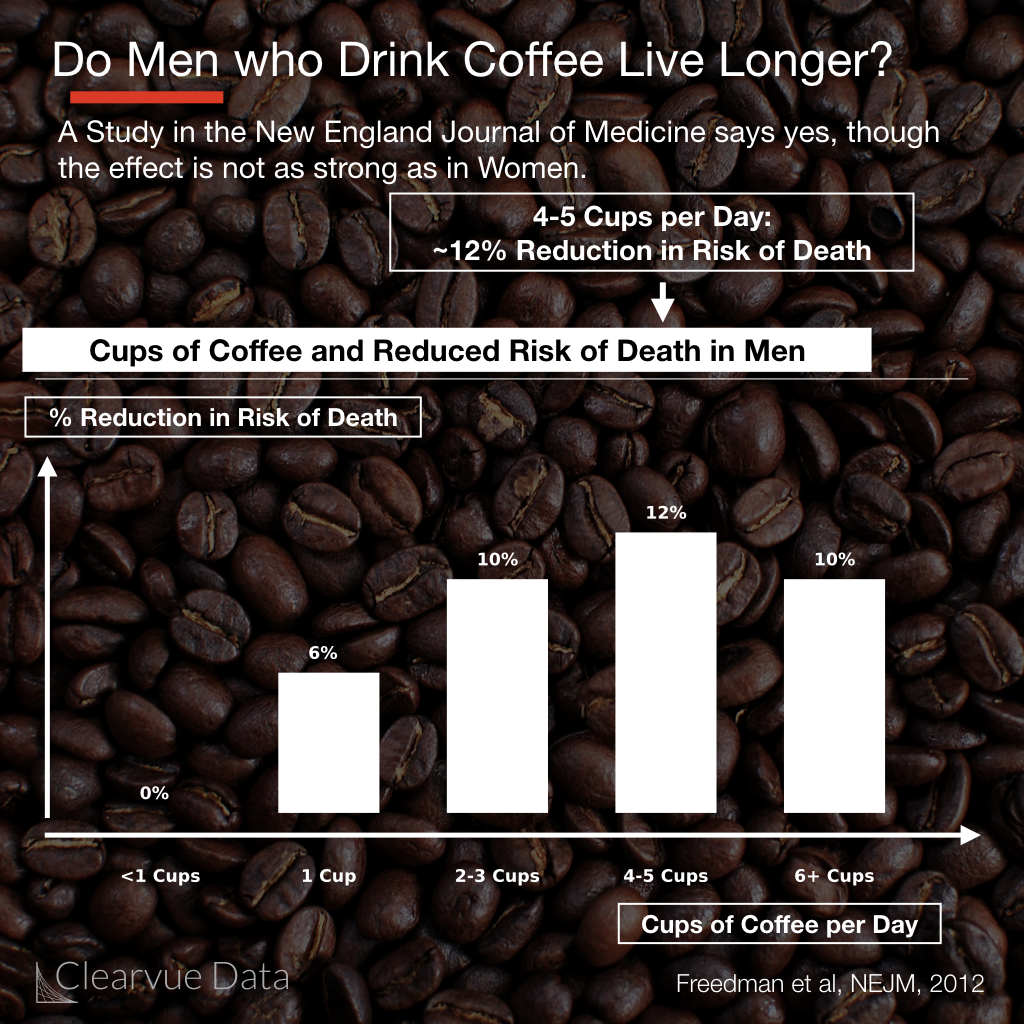
How Coffee Extends life
Interestingly, coffee drinkers were also less likely to die from heart disease, respiratory disease, and accidents.
But, there was little to no effect on a person’s odds of dying from cancer. The authors of the study noted that this was similar to previous studies of the long term health effects of coffee.
Other in depth studies of coffee have shown that coffee shows benefits with heart health, liver health, and even diabetes.
How the study was conducted
229,119 Men and 173,141 women asked about their diet and lifestyle to see which lifestyle factors were associated with longer or shorter life expectancy.
These men and women were then followed over many years. With such a large study, researchers were able to find thousands of cases of disease and mortality. As a result, they were able to see which lifestyle factors predicted early death, or a lower risk of death in this case.
Of note, coffee drinkers are also more likely to be smokers. Since smoking significantly increases a person’s risk of death, smoking was factored out of the analysis.
This is a higher quality study due to the number of patients involved. However, as with all observational studies, correlation doesn’t necessarily indicate causation. We cannot say whether coffee makes people healthier, or whether the types of people who drink lots of coffee are inherently healthier people. For example, it’s possible coffee drinkers tend to have healthier habits, genetics, or lifestyles. Its also possible that less healthy individuals are less likely to drink coffee.

